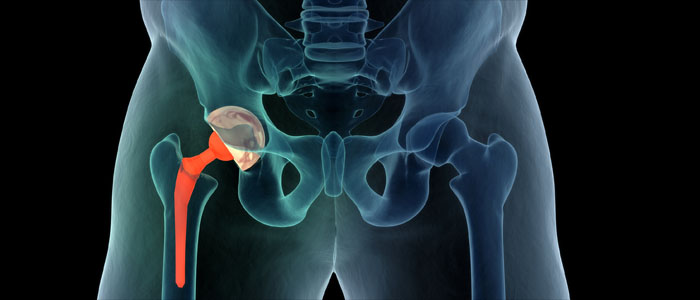Can a patient bend/kneel after the surgery?
- You should not bend beyond 60 to 90 degrees for the first 6 to 12 weeks after the surgery. And you should avoid kneeling for approximately 3 months or until precautionary period
What are the activities avoided and permitted after Hip replacement?
- Low impact exercises such as walking, swimming and by cycling are very beneficial to patients recovering from Hip replacement surgery. Avoid activities that involve stress on the joint such as jogging or jumping and contact sports like football etc.
Physical therapy or physiotherapy after Hip replacement?
- Low impact activity and exercise should be a regular part of your day to regain the strength of the muscles around your joint. Your physical therapist will recommend exercises to help with the mobility and strengthening of your joint. These will speed up your recovery and diminish your post operative pain.
Are there permanent restrictions after Hip replacement?
- Your surgeon may give different instructions based on your medical history, age, weight and health. This is usually not a permanent disability. You should be able to regain your full range of motion after 3 - 4 months of surgery.
How should I sleep at night to keep my Hip comfortable and Safe?
- The best position to sleep in after a Hip replacement is on your back with a pillow between your knees. You can also sleep on your non-operative side with enough pillows between your legs
Are there any alternatives to Hip replacement surgery?
- Non-Surgical treatment options:
- Physical therapy
- Pain medications
- Rest
- Regenerative medications
- PRP Platelet Rich Plasma
- Prolotherapy injections
- Stem cell therapy
How should a patient prepare for Hip Replacement?
- A little planning and preparation can help your post-surgical recovery go smoothly
- Lose excess weight
- Quit smoking and reduce intake of alcohol
- Stretch and strengthen muscles by exercising
- Arrange for walking aids for your support
- Talk to your surgeon and educated yourself about the surgery
What is a Hip Revision surgery?
- A Hip Revision surgery is performed to replace a Prosthesis that's damaged or infected overtime. This helps to rectify the problem so that the Hip joint can function normally again
Best hospitals in India for Hip Replacement?
- Here are a few hospitals listed below that are known to provide best services and a higher success rate.
- Global Hospitals, Chennai
- BLK Hospitals, Delhi
- Fortis Hospitals
- Apollo Hospitals
- Manipal Hospitals
- Max Hospitals
Best doctors in India available for Hip Replacement?
- Dr. Amit Vyas (Fortis Hospitals)
- Dr. A Navaladi Shankar (Apollo Hospitals)
- Dr. Karan Kukreja, Dr. Hemanth Kalyan (Manipal Hospitals)
- Dr. S.K.S Marya (Max Hospitals)
- Dr. Kesavan Rajgopalan (Global Hospital)
How often will I need to see my doctor after surgery?
- The following up schedule is usually two weeks, six weeks and 3 months post-surgery.
What is Unilateral and Bilateral Hip replacement?
- This is also called simultaneous total Hip replacement. Patients that have Degenerative problems in both the hips may need to get a Hip replacement surgery to both the joints at the same time. On the other hand, surgery done to only one joint is called a Unilateral Hip replacement.
When can I walk after Hip replacement?
- Within 3 to 6 weeks after surgery, you'll likely be able to walk and do most of the light activities without any support.
What are the good positions for Hip?
- Keep the legs facing forward while you sit or stand
- Get up and move around at least once in every hour during the day
- Place pillows between your knee to reduce stress across your hips while you sleep
What positions should be avoided?
- Do not cross your legs for at least 3 to 8 weeks
- Do not lean forward while sitting
- Don't bend at waist beyond 90 degrees
- Avoid positions that force your feet to rotate inward or outward during any activity.
 India
India USA
USA UK
UK Thailand
Thailand Singapore
Singapore










